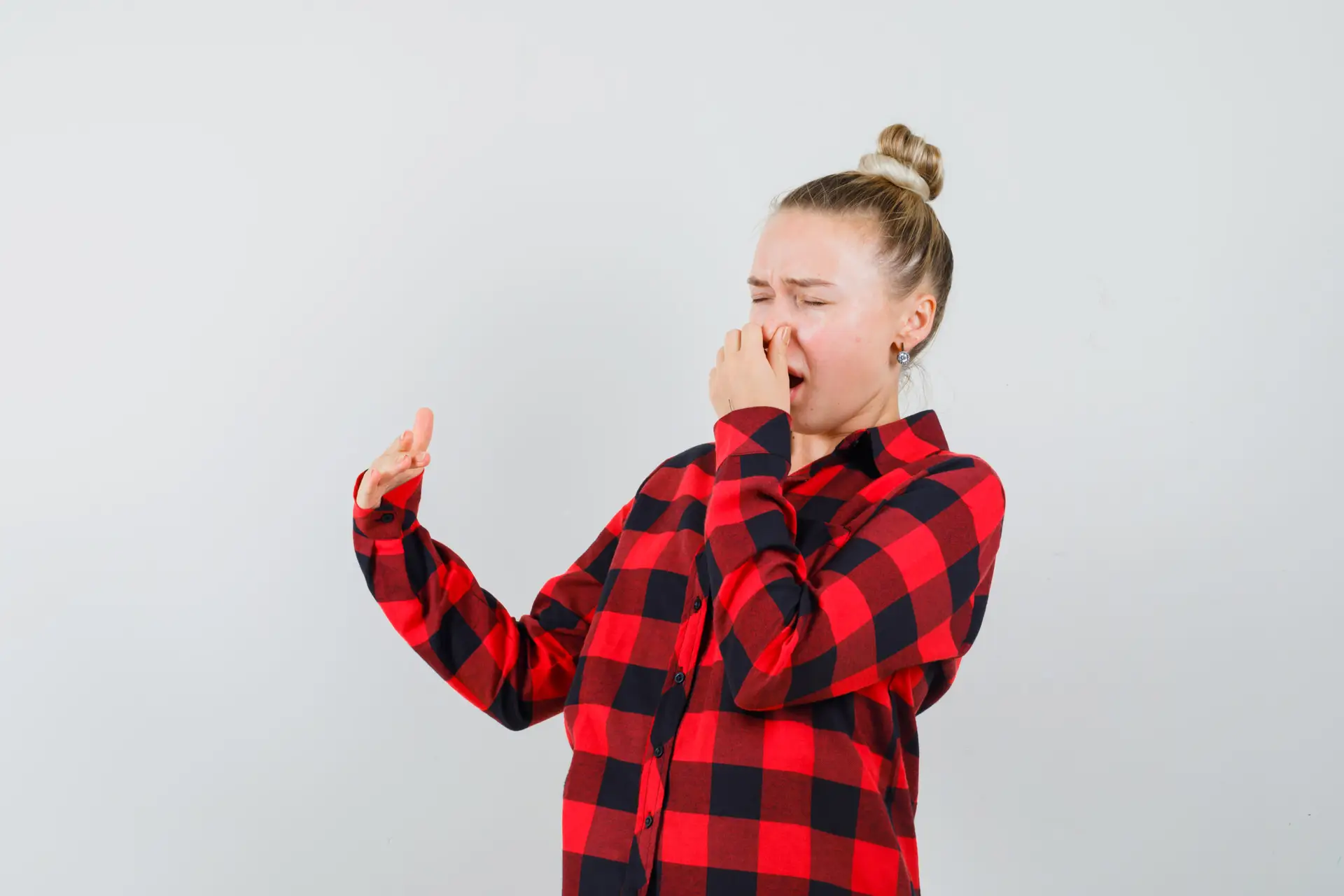
Which Toothpaste is Best for You? Top Picks for Whitening, Sensitivity, and More!
Which Toothpaste is Best for You? When it comes to oral hygiene, choosing the right toothpaste is just as important

Can stress cause nosebleeds? Stress is a prevalent issue in today’s fast-paced world, affecting millions of individuals globally. While its impact on mental health is widely recognized, stress can also manifest physically in various ways. One such physical manifestation that often raises concern is nosebleeds. But can stress cause nosebleeds? Let’s delve into the connection between stress and nosebleeds to understand better.
Nosebleeds, medically known as epistaxis, occur when the tiny blood vessels inside the nostrils break and bleed. They can range from a minor nuisance to a significant health concern, depending on the frequency and intensity of the bleeding. Common causes of nosebleeds include dry air, frequent nose blowing, allergies, and trauma to the nose. However, the role of stress in causing nosebleeds is less straightforward and often misunderstood.
While stress itself does not directly cause nosebleeds, it can contribute to conditions that make nosebleeds more likely. Here are a few ways stress can indirectly lead to nosebleeds:
Understanding that stress can contribute to nosebleeds emphasizes the importance of stress management in maintaining overall health. Here are some strategies to manage stress and reduce the likelihood of stress-related nosebleeds:

While a random nosebleed is typically not a reason for concern, severe or frequent nosebleeds need to be treated by a doctor. If you experience nosebleeds that last longer than 20 minutes, occur more than once a week, or are accompanied by other symptoms such as dizziness or shortness of breath, Consultation with a healthcare expert is essential.
So, can stress cause nosebleeds? Indirectly, yes. While stress itself may not be the direct culprit, it can contribute to conditions that make nosebleeds more likely. Managing stress through healthy lifestyle choices and relaxation techniques is crucial in preventing stress-related nosebleeds and maintaining overall well-being. By understanding the connection between stress and nosebleeds, you can take proactive steps to minimize their occurrence and lead a healthier, more balanced life.so it is clear from the above context that stress can cause nosebleedings. Stay tuned with us for further related context.
While stress itself doesn’t directly cause nosebleeds, it can contribute to conditions like high blood pressure and dry nasal passages, which can increase the likelihood of nosebleeds.
Chronic stress can elevate blood pressure, putting extra pressure on the delicate blood vessels in the nose, making them more likely to rupture and cause a nosebleed.
If you experience nosebleeds that last longer than 20 minutes, occur more than once a week, or are accompanied by other symptoms like dizziness or shortness of breath, it’s important to consult a healthcare professional.
Yes, using a humidifier can help keep your nasal passages moist. Additionally, meditation guides and relaxation aids can be beneficial. Check out Amazon.

Which Toothpaste is Best for You? When it comes to oral hygiene, choosing the right toothpaste is just as important

Digestive issues like bloating, indigestion, and stomach cramps can disrupt your day and leave you feeling uncomfortable. Fortunately, nature has

Table of Contents Human Metapneumovirus (hMPV) is a respiratory virus that can affect individuals of all ages, particularly young children,

Sugar plays a pivotal role in our daily lives, from sweetening our morning coffee to being a critical ingredient in

What Is Morbid Obesity? Morbid obesity is more than just being overweight. Morbid obesity is a serious medical condition that

Introduction Cycling and walking are two of the most accessible forms of exercise, both with unique benefits. But which is